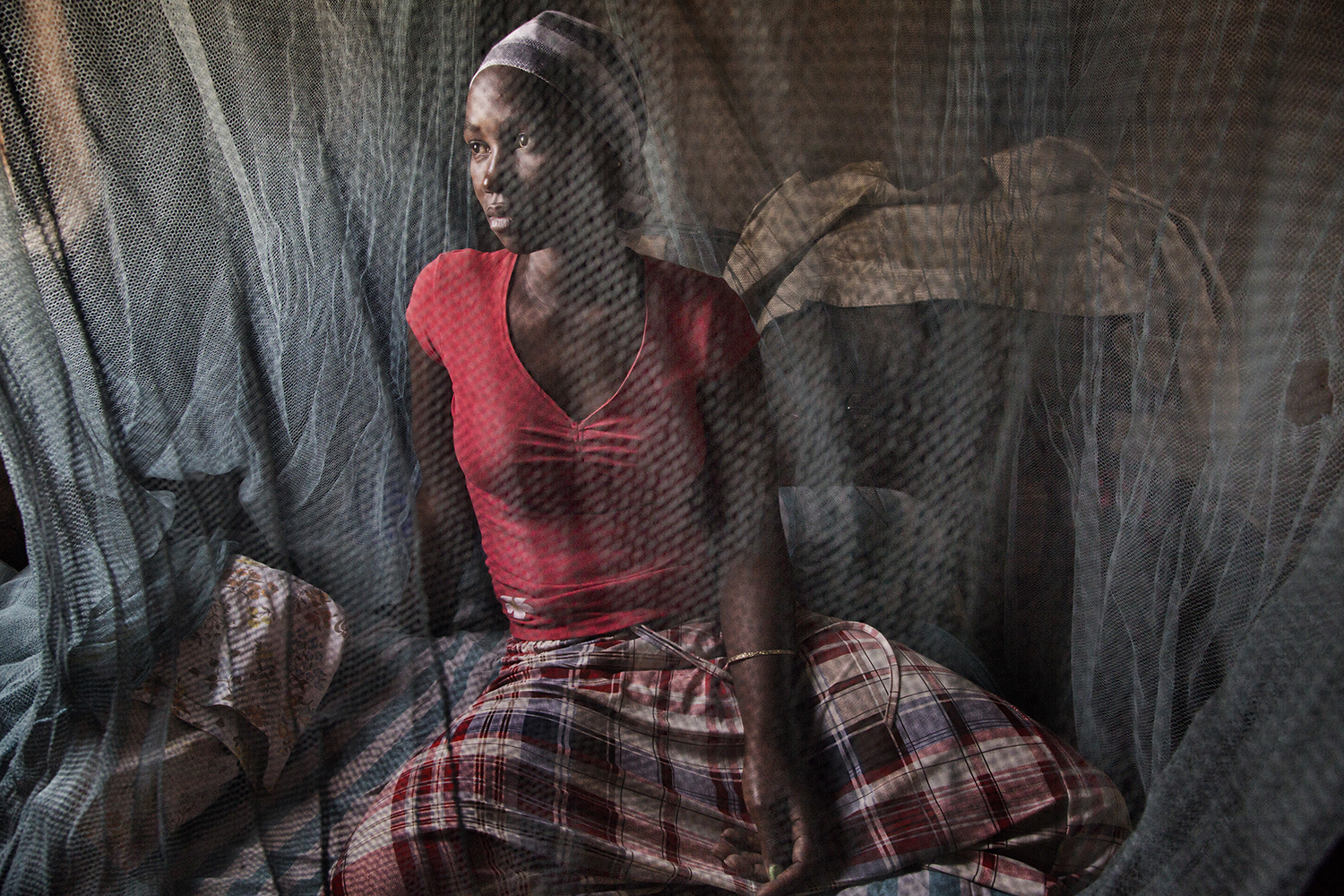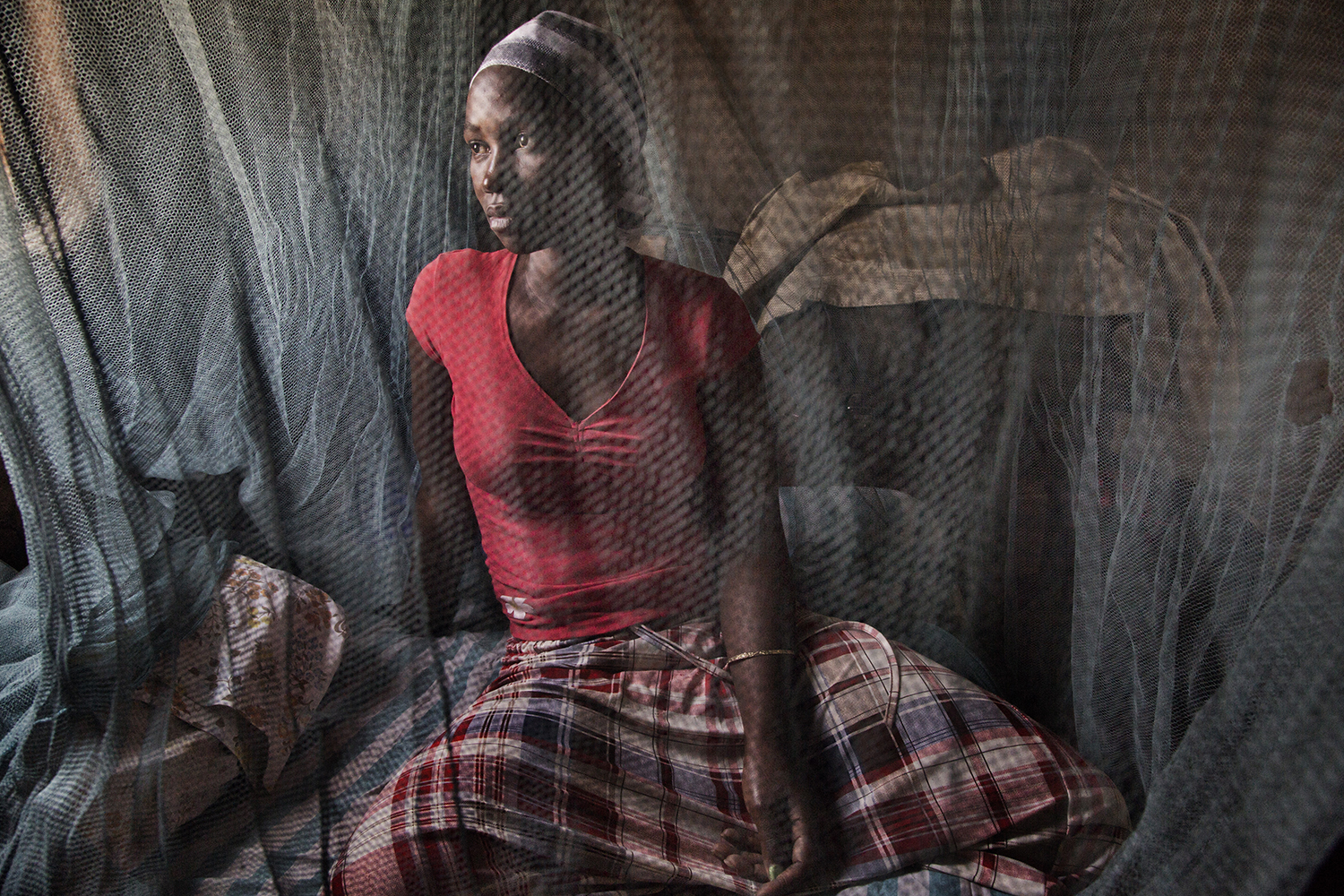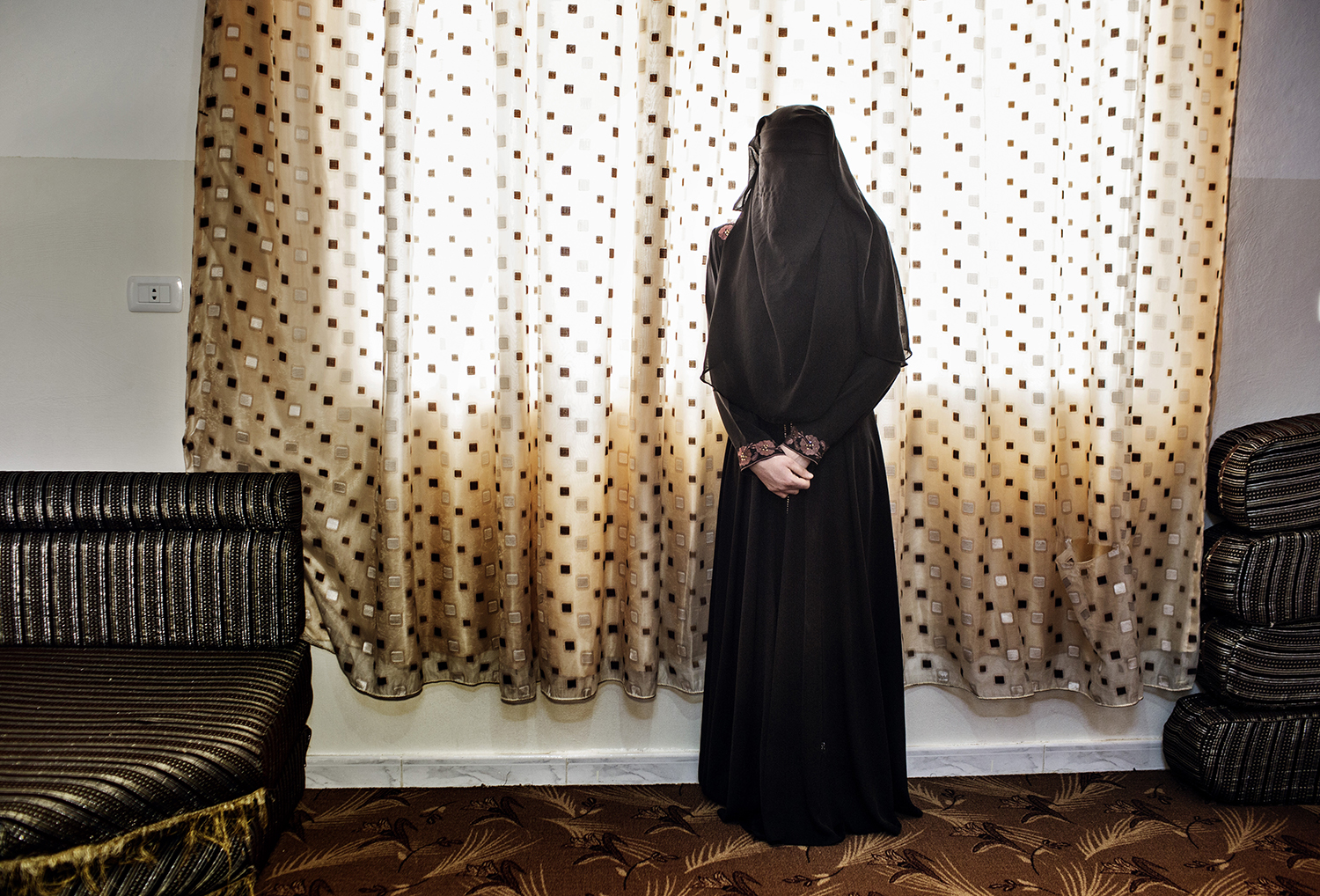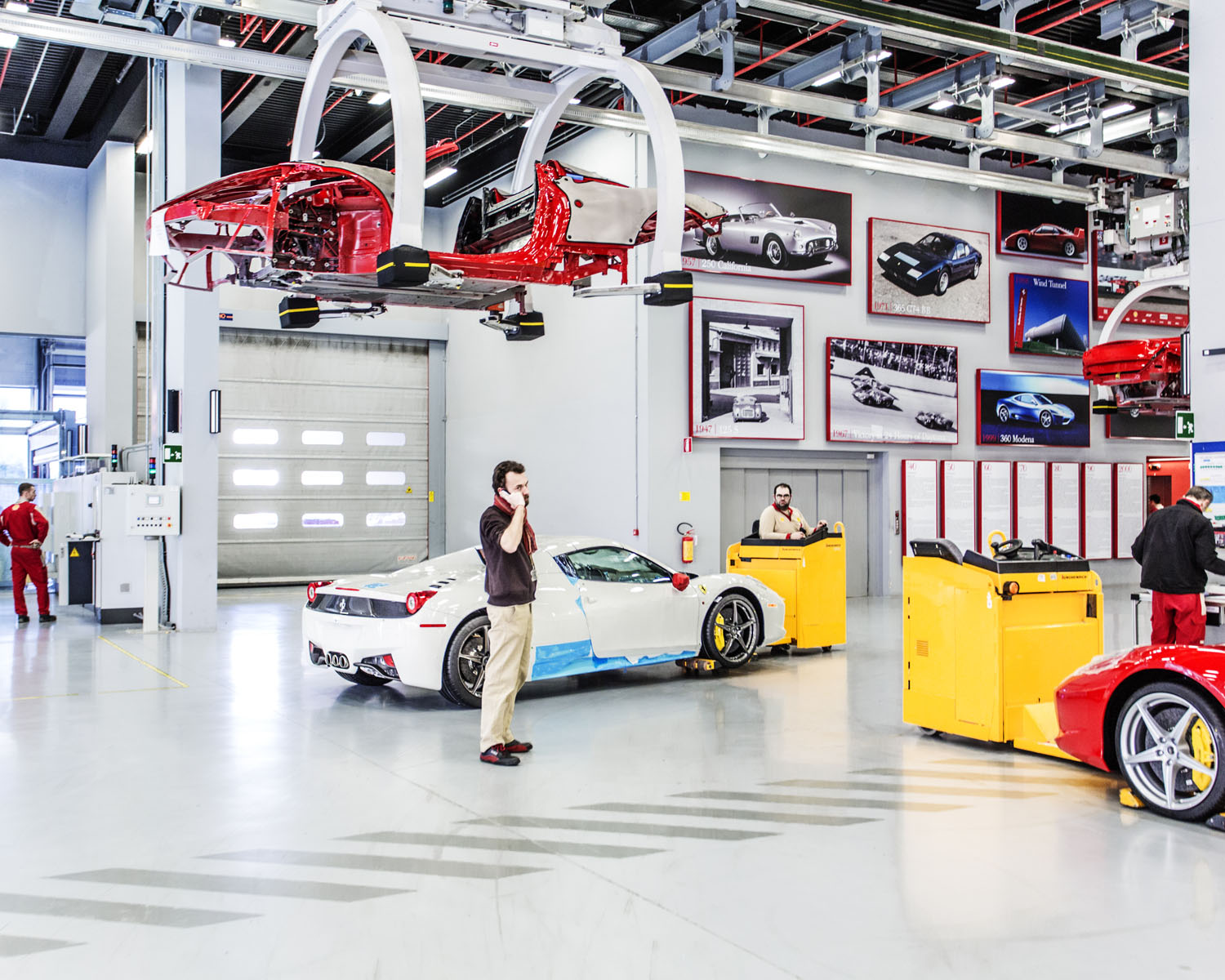
Today’s daily Photojournalism Links collection highlights Marcus Bleasdale’s work on child marriage in Tanzania, East Africa, where four out of 10 girls marry before their 18th birthday. The photographs, made on assignment for Human Rights Watch, draw attention to young girls and women who have been pressured or forced to marry as adolescents and undergo female genital mutilation. It’s a blunt, compelling look at the hardships these girls face.
Marcus Bleasdale: Child Marriage in Tanzania (Human Right Watch)
Lynsey Addario: Amid Record Waves of Refugees, Italy Finding Limits to Its Compassion (National Geographic News) These photographs from Sicily show how the island has become the entry point for migrants trying to reach Europe by sea.
Tanya Habjouqa: Widows of Syrian ‘Freedom Fighters’ (The New York Times Lens) These pictures document the poverty and uncertainty faced by Syrian widows and their families in Jordan.
Luca Locatelli: Where Ferraris Are Born (Wired Raw File) Inside the famed car factory in Maranello, Italy.
Twelve Views on Israel (Le Monde) Pictures from a project, This Place, for which 12 international photographers were invited to document Israel. NB The post is in French. Also published on TIME LightBox in April 2014.
Photojournalism Links is a compilation of the most interesting photojournalism found on the web, curated by Mikko Takkunen, Associate Photo Editor at TIME. Follow him on Twitter @photojournalism.



More Must-Reads From TIME
- The 100 Most Influential People of 2024
- Coco Gauff Is Playing for Herself Now
- Scenes From Pro-Palestinian Encampments Across U.S. Universities
- 6 Compliments That Land Every Time
- If You're Dating Right Now , You're Brave: Column
- The AI That Could Heal a Divided Internet
- Fallout Is a Brilliant Model for the Future of Video Game Adaptations
- Want Weekly Recs on What to Watch, Read, and More? Sign Up for Worth Your Time
Contact us at letters@time.com